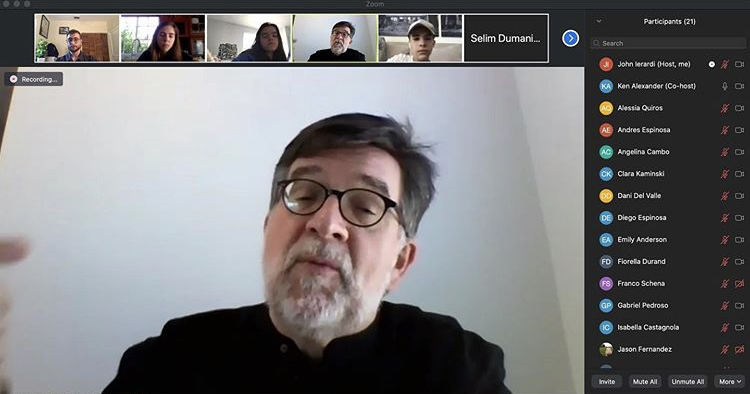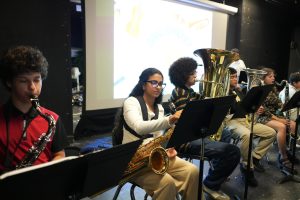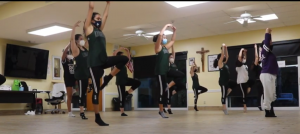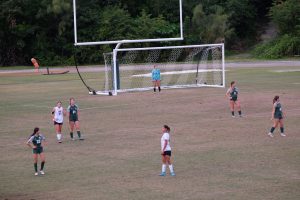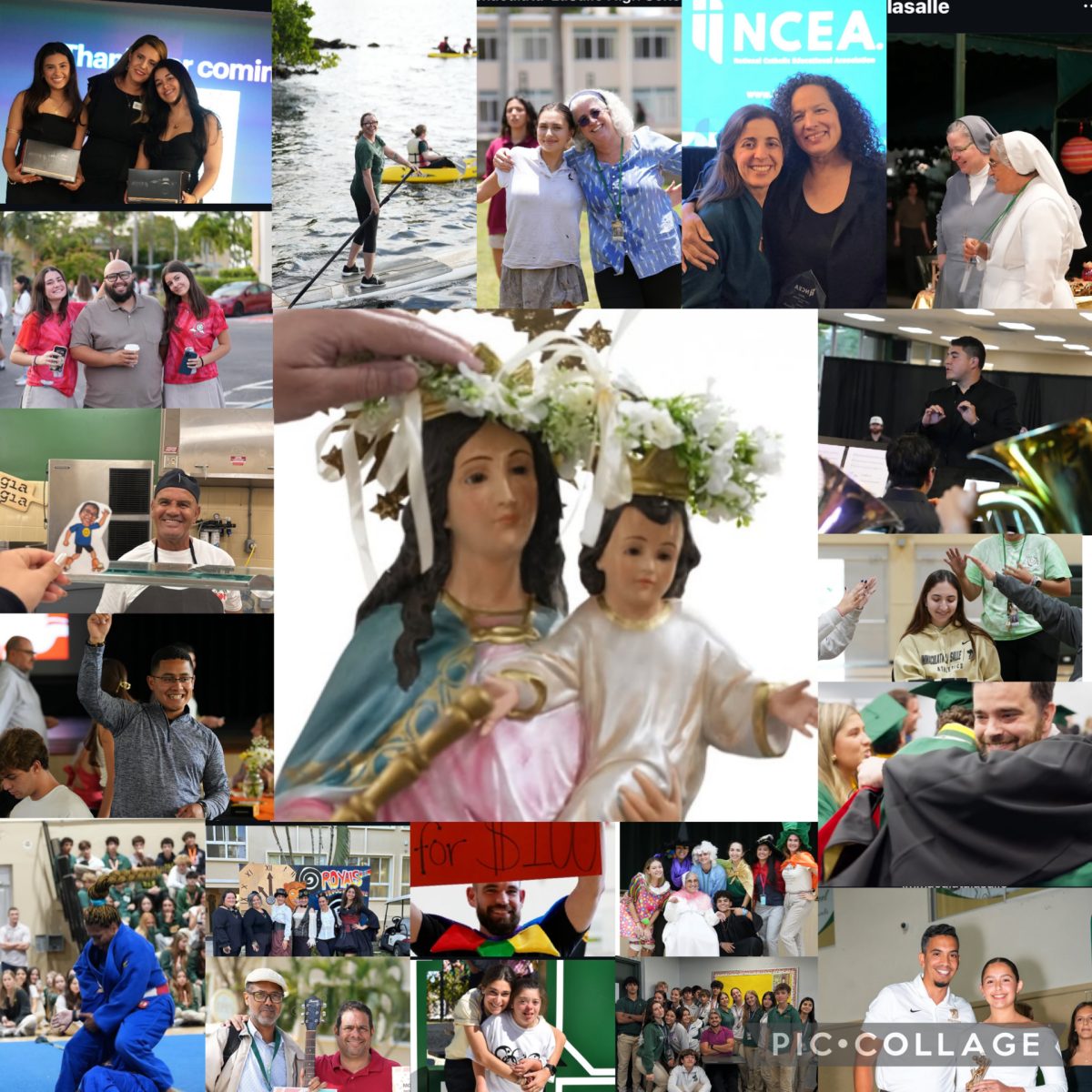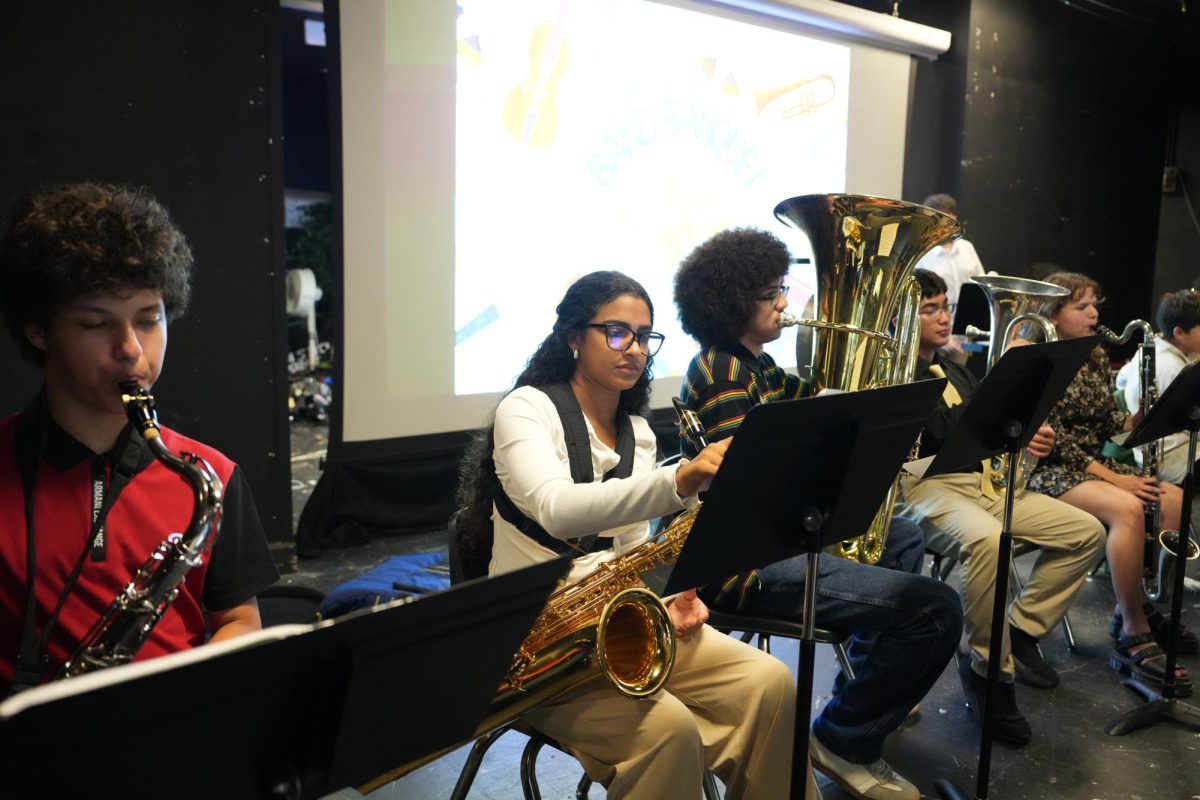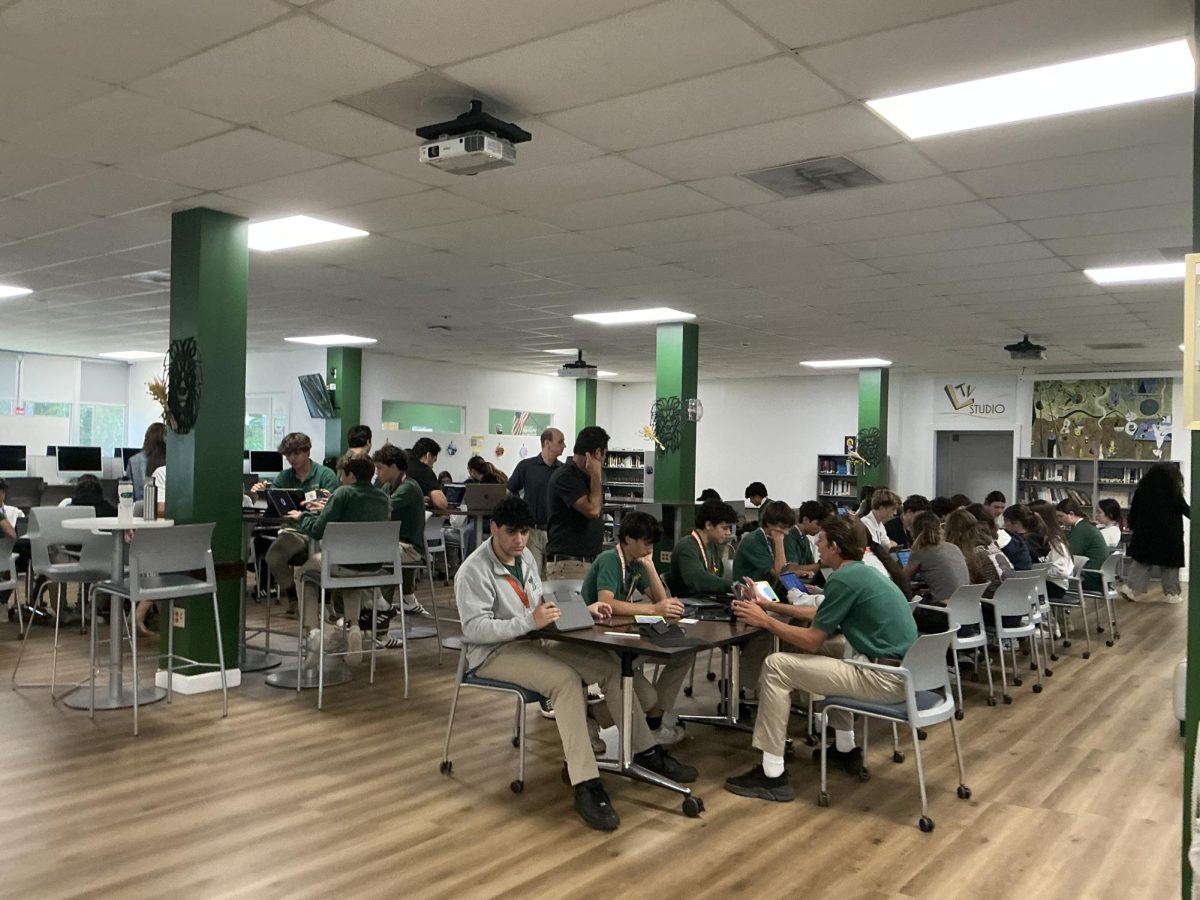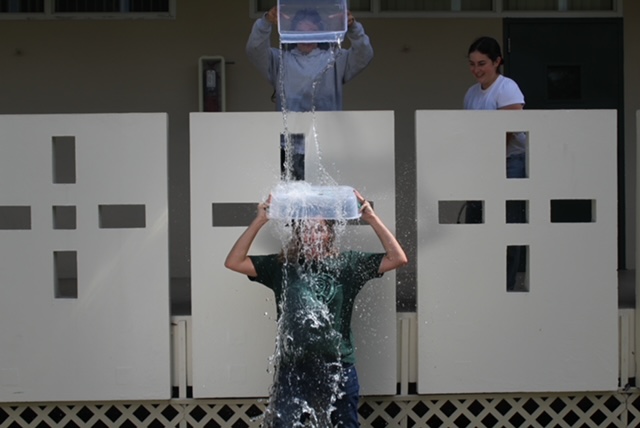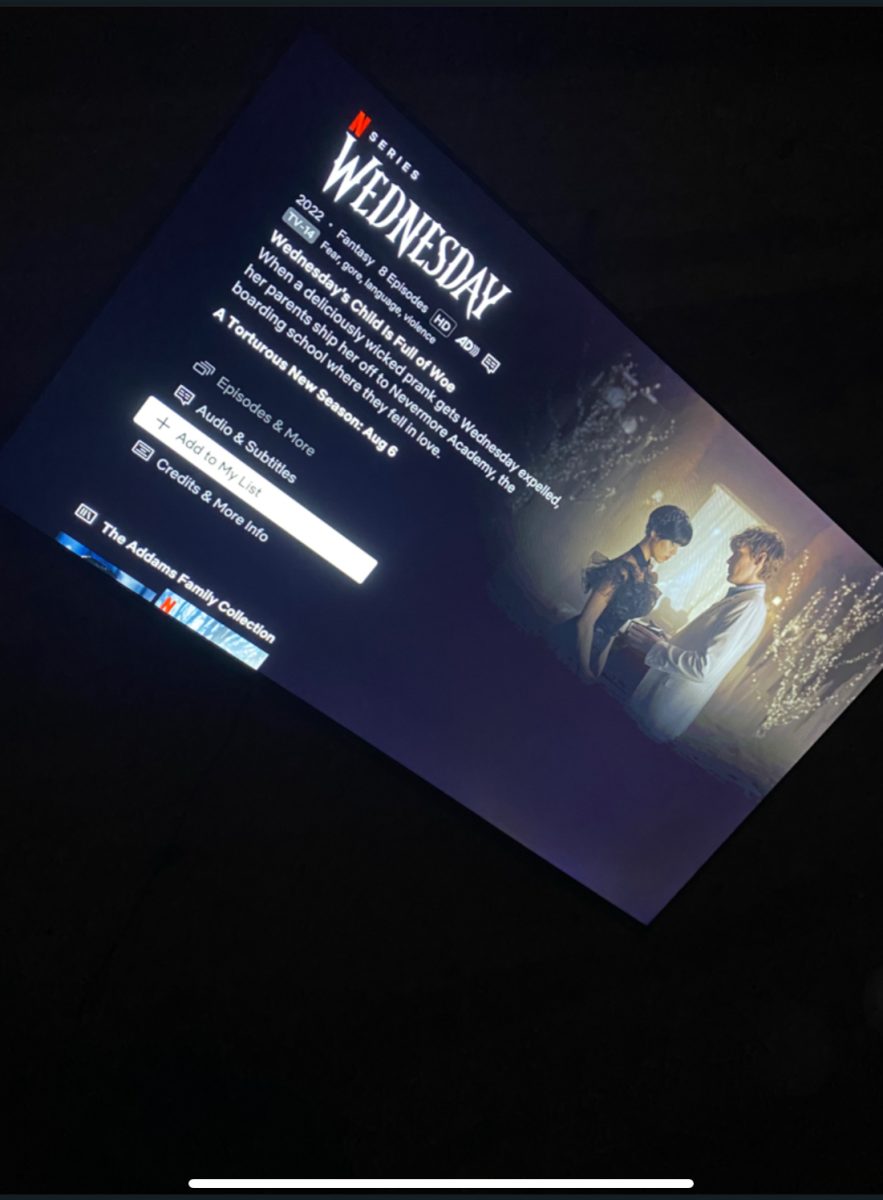Infectious Disease Physician Visits ILS Biology Class
Dr. Kenneth Alexander joined Mr. Ierardi’s Honors Bio class last week for a discussion about the coronavirus.
May 12, 2020
Last week, Mr. John Ierardi arranged for Infectious Disease Physician, Dr. Kenneth Alexander to chat via Zoom with his Honors Biology class about infectious diseases throughout history, epidemiology and specifically Covid-19. Dr. Alexander is the Division Chief of Infectious Diseases at Nemours Children’s Hospital Department of Pediatrics in Orlando, Florida.
Dr. Alexander as been in practice for more than 20 years. Pediatric infectious disease specialists treat children with a broad array of diseases caused by germs, viruses and fungi, ranging from flu to hospital acquired infections to pneumonia.
“Like every pediatrician, I love children and want the best for them,” said Dr. Alexander on the Nemours website. “I also enjoy being around other people who care for children. I have found that people in the pediatric field tend to value the same things — children, family and each other.”
Mr. Ierardi arranged for this meeting through his mother, who herself is a healthcare practitioner, a neonatologist, at Nemours.
“I initially reached out to her to see if she knew of any physicians who were working with genetic engineering specifically to fight diseases who might be able to be a guest speaker since we were finishing a unit on DNA, RNA, and protein synthesis,” he explained. Mr. Ierardi was looking for someone to specifically come talk about Coronavirus.
From there, Mr. Ierardi connected with Dr. Alexander, and thus brought him to speak to his Honors Biology class. Dr. Alexander zoomed with the group, a class made up of freshmen, and he discussed infectious diseases.
“[Dr. Alexander] was able to break down some complicated material about the spread of viruses and relate it to why we need to be taking the precautions that we are currently taking like staying home and wearing masks,” Mr. Ierardi said. “He also talked about some impactful viruses throughout history like the plague, the Spanish flu, polio, HIV, Ebola, H1N1, as well as some of the incredible scientists that made breakthroughs and still influence how we look at new infectious diseases.”
The students in the class were engaged in the discussions and peppered Dr. Alexander with questions.
“I thought it was cool,” said freshman Jason Fernandez. “It was a different way of doing the online class, and a chance to learn about something that’s prevalent right now.”
Dr. Alexander discussed a wide range of topics with the students throughout the Zoom meeting. He talked about treatment and how coronavirus worked, including how the virus can mutate. He also shared a story about how during the Bubonic Plague, Cambridge University sent everyone home for two years. During those two years, one faculty member who was social distancing was Sir Isaac Newton. And it was during this period of time that he invented his laws of motion and gravity.
“His point was that this is an important time and you can do amazing things while you’re bored and stuck at home which I thought was awesome,” said Mr. Ierardi.
The students saw the value of the discussion as well.
“Dr. Alexander’s speech informed us about the origin of Covid-19 and other pandemics that have occurred world-wide,” said freshman Andres Espinosa. “He taught us how the virus spreads and how to prevent us from contracting it.”
“He focused on how we can stay safe, washing hands and wearing masks,” said Fernandez. “He told us not to think we’re invincible because it can affect people our age.”
The students enjoyed the experience and Mr. Ierardi said: “I don’t think it could’ve gone any better.” This is just another in a long line of examples of how the ILS faculty has adapted to this virtual environment in positive ways and continues to provide meaningful experiences for the students.


